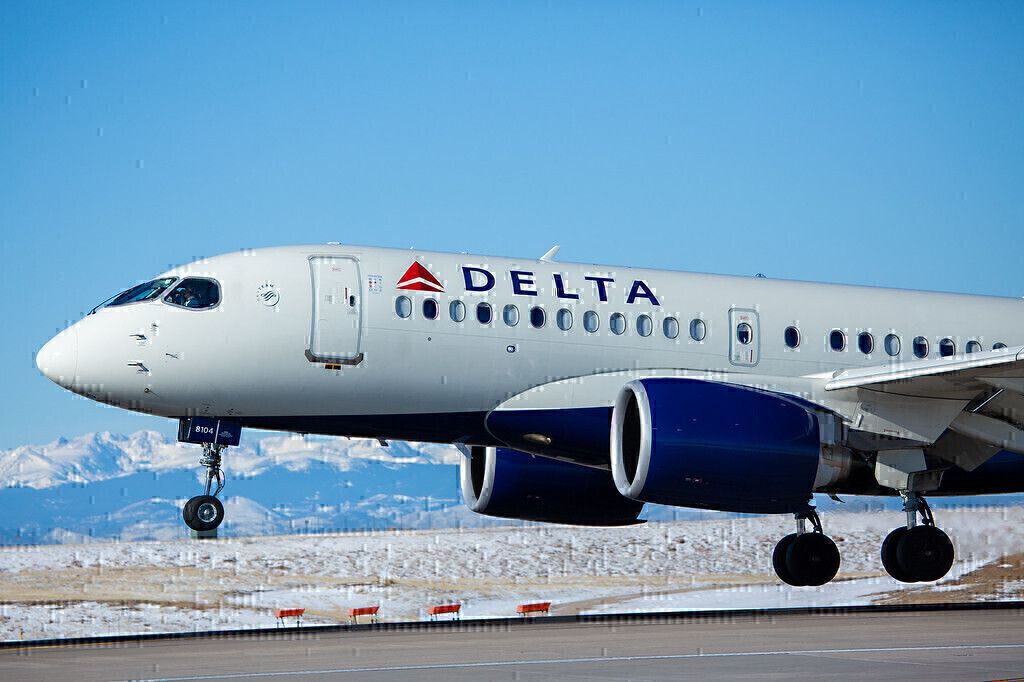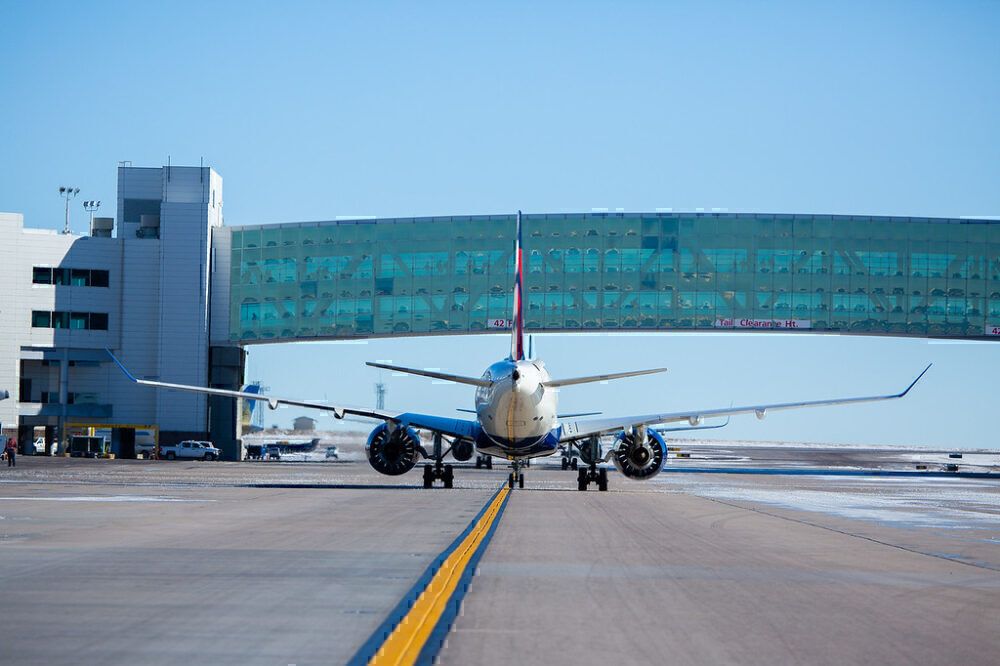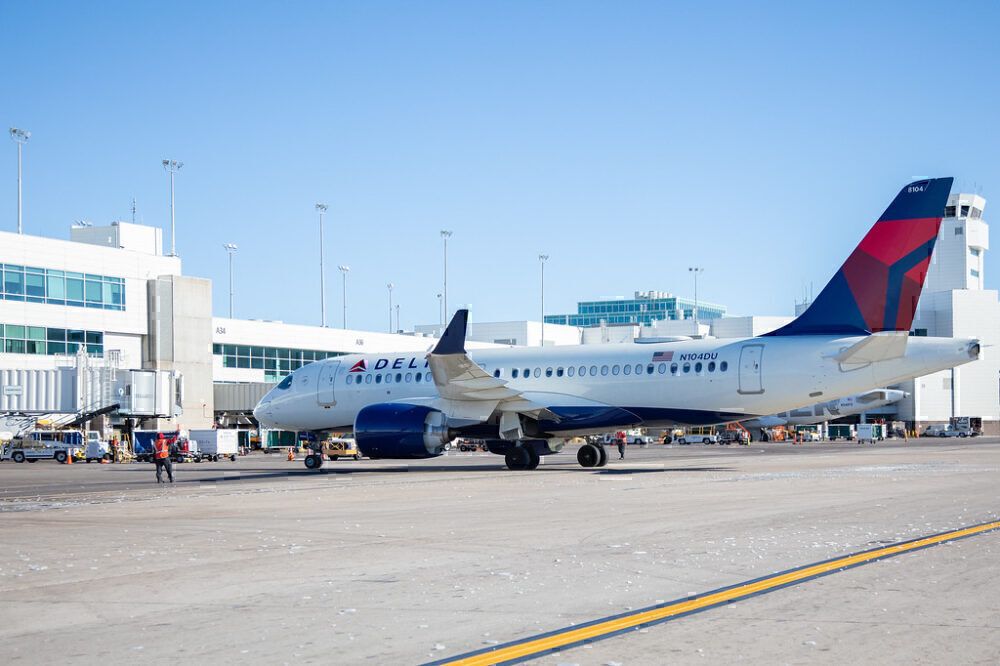Delta Air Lines has successfully raised US$9 billion in funding to help it navigate the travel downturn. The Atlanta-based airline had previously announced a private offering to raise $6 billion. Yesterday, Delta said it would access a further $3 billion via a credit agreement, bringing the value of current fundraising to $9 billion. In total, Delta Air Lines will now have raised $16.5 billion so far this year.
Delta Air Lines fundraising offer oversubscribed
There are three components to this fundraising. The $6 billion private offering is broken down into two smaller offerings. The first offering is to raise $2.5 billion via senior secured notes paying 4.5% and due in 2025. The second offering is to raise $3.5 billion via senior secured notes paying 4.75% and due in 2028. Bloomberg is reporting the two offerings are oversubscribed, with US$16 billion worth of orders placed.
Delta’s frequent-flier program, SkyMiles, secures the $6 billion private offering. SkyMiles is an indirect wholly-owned subsidiary of Delta.
Stay informed: Sign up for our daily aviation news digest.
The final $3 billion will come via an institutional loan taken out by Delta and SkyMiles. Would be investors offered $10 billion, seeing the loan also oversubscribed.
The deal sets a new record as the largest fundraising transaction to date for the airline industry. United Airlines previously held that trophy. United raised $6.8 billion in June. Experts suggest the Delta funding will help cover day-to-day operational expenses, estimated to be running at $27 million per day. There is also a multi-billion loan and credit facility payable next year.
Airlines move to harness their frequent flyer programs
Delta's decision to use its frequent flyer program, SkyMiles, to secure the debt reflects a new trend. Traditionally, airlines could have raised cash against unencumbered aircraft and sold off their airport slots and real estate to raise money. But the ongoing crisis is causing airlines to get creative.
For years, frequent flyer programs have been lucrative profit centers for airlines. There are an estimated 92 million SkyMiles members around the world. The membership ties them to the airline with the linkage often referred to as "golden handcuffs."
Credit card companies and banks buy the miles members generate from the airlines. That's where those generous sign-up bonus points come from. Many credit card companies and banks continue to payout points based on on-going card transactions. That keeps revenue flowing to the airlines.
Even if people aren't flying as much as usual, they are still using their credit cards. The Wall Street Journal says that while Delta's passenger revenue dropped 60% in the half-year to June, revenue from American Express dropped just 5%. The card company handed over $1.9 billion to Delta in the first half of 2020.
Investors still keen on the aviation sector
With frequent flyer program earnings proving resilient to the travel downturn, the airlines are learning to monetize them in new ways. United's MileagePlus frequent flyer program secured its fundraising in June. American Airlines is using its frequent flyer program as security for a $4.8 billion government loan.
Even low-cost carriers are getting in on the act. There are reports Spirit Airlines is looking at raising money using its frequent flyer program as security.
Meanwhile, the positive reception by investors to fundraising by US airlines suggests there is faith in the long term viability of these carriers and the airline industry in general. It also underscores how important frequent flyer programs have become to airlines not just in the United States, but around the world.



